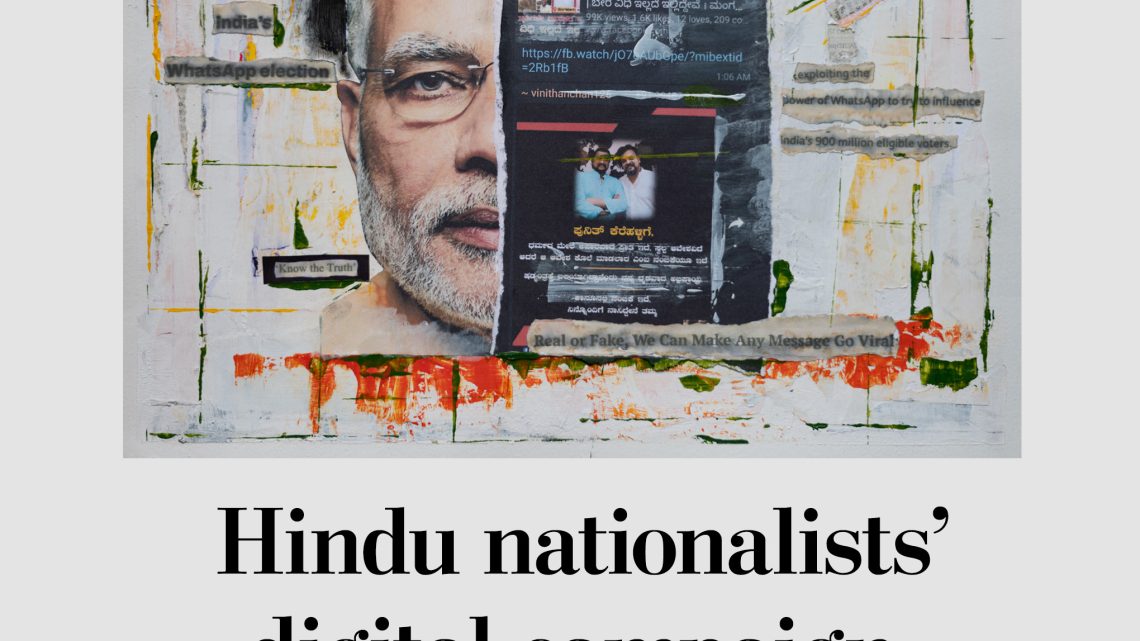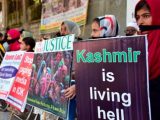
BJP’s Election Strategy: False Narratives, Polarization, and Alleged Manipulations
January 18, 2024As India gears up for the 2024 Lok Sabha elections, the Bharatiya Janata Party (BJP) is once again employing various tactics, including alleged propaganda and divisive narratives, to secure a majority Hindu vote. Examining the party’s historical strategies reveals a pattern of using religious sentiments, anti-minority rhetoric, and nationalist fervor to garner electoral support.
Since India gained independence in 1947, religion has been a powerful force in shaping the country’s political landscape. The BJP, currently in power, is renowned for its Hindu nationalist ideology, often accused of exploiting religious sentiments to polarize voters and win elections. Despite claims of being the sole representative of Hindus, only 49% of Hindu voters supported the BJP in 2019, according to a Pew research study. Regional variations highlight the party’s stronghold in the North and Central regions, while its support diminishes in the East and South.
The BJP’s ascendancy can be linked to its campaign for constructing a Ram temple at the disputed Babri Masjid site in Ayodhya. The destruction of the mosque in 1992 by Hindu nationalists fueled the party’s rise, solidifying its base among the Hindu community. The recent inauguration of the Ram Mandir just before the elections raises concerns about psychological manipulation to secure Hindu votes.
Prime Minister Narendra Modi has faced accusations of exploiting religious tensions and prioritizing a Hindu nationalist agenda over minority groups. Additionally, the party’s social media and propaganda cell has been criticized for spreading fake news, using bots to create false impressions of support, and inciting hate speech and violence. These tactics are seen as contributing to a culture of intolerance and undermining democratic values.
Despite historical neutrality, the Indian Supreme Court’s recent rulings seemingly favor Hindutva politics, raising questions about its tacit support for the BJP. The incarceration of Yasin Malik, a vocal critic of Indian policies in Kashmir, exemplifies concerns about biased judgments and the potential politicization of legal proceedings. Instances like the Ayodhya dispute and Delhi riots further fuel allegations of the Supreme Court’s bias towards the ruling party.
The BJP has consistently employed anti-Pakistan sentiments to gain electoral support, notably using the Pulwama attack in the 2019 elections. Critics argue that this approach fosters a jingoistic agenda, discriminates against minority groups, and distracts from substantive issues that matter to the Indian populace.
As India approaches the 2024 elections, it is crucial for citizens to be discerning about the narratives propagated by political parties, particularly the BJP. By focusing on substantive issues and being vigilant against divisive tactics, voters can contribute to a healthier democratic process that prioritizes the well-being of the nation over partisan agendas.

